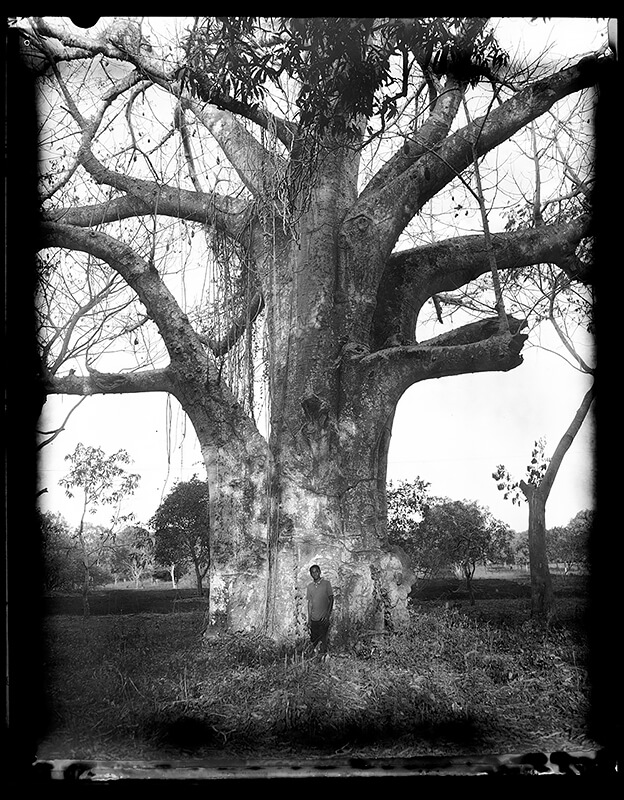There was a moment after my brother died when I stood and there was no wind, no sound, no stirring or volume of any sort and I knew what I would do. He had always wanted to go to Africa and he never made it. Well, it was the least I could do. Hell, even with my mother yelling at me over the impulsiveness of my decision to go to another continent, I was going to take his ashes there. And since he was such a dramatic person, I wouldn't just take him to Africa, I would take him to the top of Kilimanjaro. The irony is I almost died bringing him there. It was only afterwards, after the storm, the white out, the loss of everything but the surprisingly heavy bag of his ashes, his bones and dust and dirt that were zipped into the innermost of my 4 layers in the blizzard, it was only after we were back on the plains of Africa, off of even the green hills of Hemingway, that I was sitting in a bar in Arusha in Tanzania and thought, Why didn't we just go to Zanzibar?
And I may have laughed a little, in a way that would disguise that I'd do it all again, risk my life to bring him to the summit, to bring him to the end, to Uhuru, which means freedom. I'd do it again, but maybe I'd have scheduled a detour to the magical island of Zanzibar which now seems further away than any place on the earth.
Years have passed and the memory of those raw days in Tanzania have begun to lose their hard edge. But then something happened recently.
Laena Wilder started coming in to use the flatbed scanner every day for weeks and months at RayKo Photo Center. She had bags and bags and bags (when I repeat it 3 times, you know there's a lot) of Polaroid images. B&W peel apart, type 55, the kind that had the finest grain of any film ever and it was just beautiful enough that when you made a print from the negative in the darkroom, your breath would catch in your throat when you saw the image come up in the developer. Like first love almost...but maybe it lasted a little longer.
I digress. There was Laena Wilder, coming into the photography center every day with her mysterious and overflowing bags. And she would say,
I've got something to show you.
I'd seen her project Origins and Destinations and thought that it must be more images of people in transit, the comings and goings of a nation, everyone with their story and their baggage, literal and figurative. But no. When Laena finally opened one of the bags, she spread out hundreds of B&W Polaroids from Zanzibar, the island I missed in my pilgrimage. Here was her Africa. She'd been going for years and never told me. Just disappearing from San Francisco for extended periods into the night, like
Beryl Markham. Had she read West With the Night? I didn't know, but it didn't matter, because I was journeying with her now across Tanzania to the spice island of Zanzibar. I was looking at the faces of the people she'd known for years. I was watching them age. Watching them marry. Witnessing their children getting older. Seeing the faces and bodies change with time. A lot of time. Because she kept going back. Again and again. From the San Francisco Bay Area to the other side of the earth.
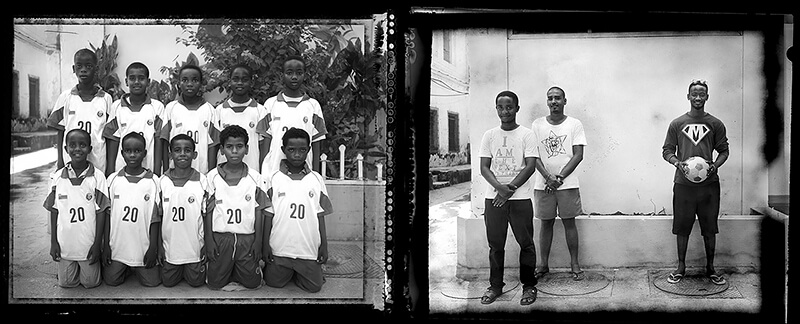
© Laena Wilder - Peace Lovers Soccer Team, 2007, 2016
I looked up from Laena's pictures to peer at her. This unassuming woman who'd been living this other life and following these other people's lives. For years. I was impressed. I am impressed. I want these Polaroids to be a book. I want Polaroid Type 55 to exist again (as do many people. Laena wasn't the only one hording it in her freezer). Luckily for us, the Impossible folks have created a new 55 film and they may have just figured out the secret formula (Laena photographed the majority of the images from her last trip on the new 55 and I can testify that they are beautiful). I hope they keep making it and that all the lovers of the old Type 55 flock out to try the film.
Before I knew these particular images were created by Laena, I juried two of them into a show at the
Center for Fine Art Photography in Colorado. A woman leaning back in a simple chair, her expression intense, the light beautiful, her head scarf the only hint of where we might be. And another of a young man looking eagerly at the camera, a sunlit burst behind him and his mouth open as if trying to tell the photographer a secret. My guess is that he already told her, judging by the strength and the beauty of her images.
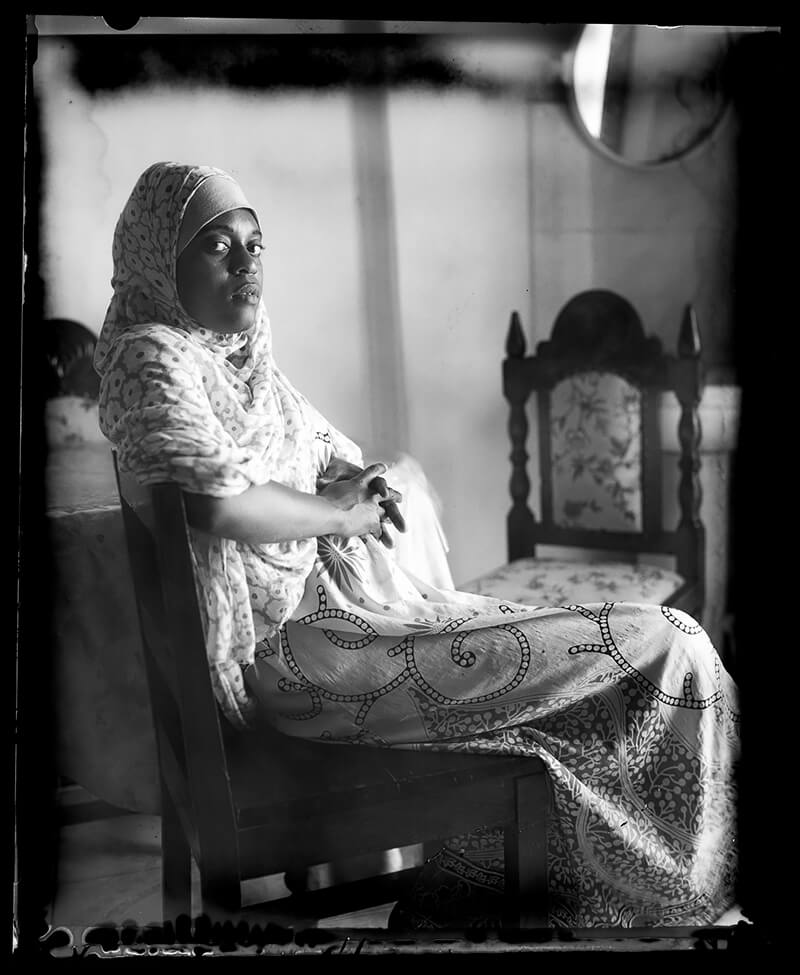
© Laena Wilder - Marym, 2016
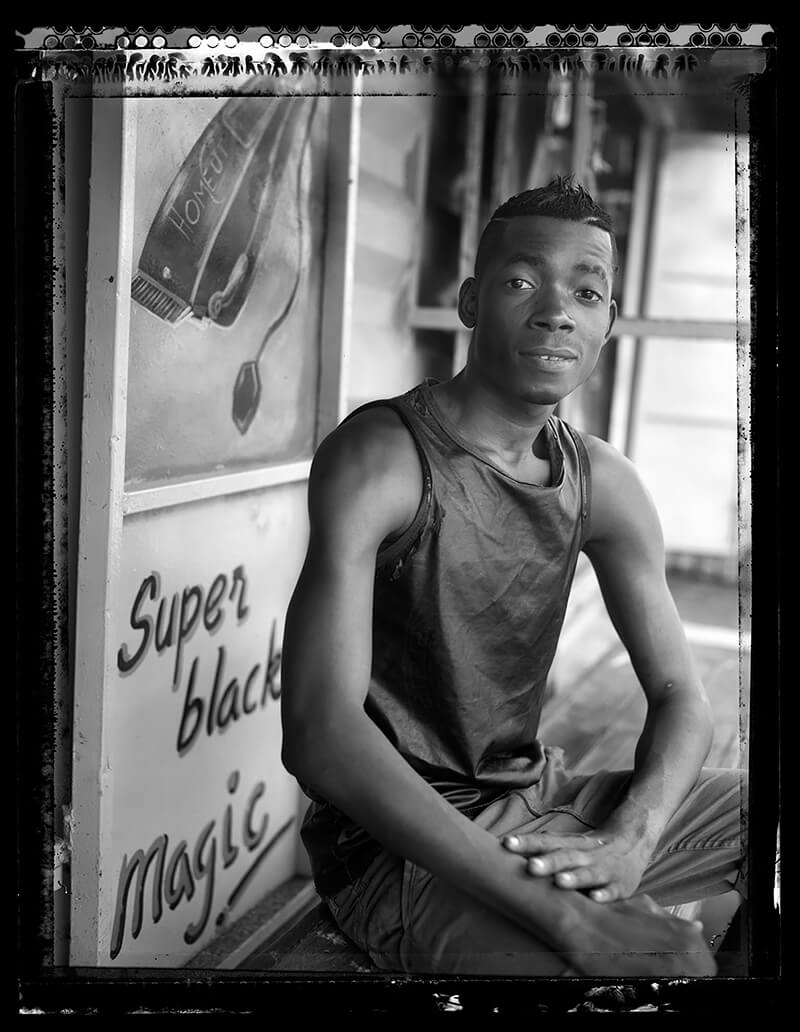
© Laena Wilder - Eddy Super Black Magic, 2016
This is what Laena Wilder had to say about her long-term project that I'm not quite ready to see completed:
My first trip to Zanzibar was in 1993, I had just spent three months traveling overland through Kenya, Uganda and Tanzania and only intended to stay in Zanzibar a few days. Instead I got stuck waiting an additional seven weeks for my visa to India. As I meandered through the labyrinthine streets of Stone Town, within days the locals sitting in front of their homes began engaging me in conversation: You have walked by me for several days now, sit down and tell me why you are here. Our mutual curiosity led to daily visits, connections were made and soon I began to feel like I belonged.
Recently I made my fifth visit to the island. I have been making photographs, forging friendships, and sharing my work with the community for twenty-three years.
In 1998 I started Zanzibar Memoir using my old 1930's Crown Graphic 4x5 camera, Polaroid Type 55 (and most recently New55 film). It was the pre-digital era and I chose that particular camera and film because it allowed my subjects to see their image and provide input within minutes of making the portrait. It has always been important to me to share the power of representation by making it a collaborative process. Today, I continue to rely on this 80-year-old camera because the slow meticulous process gives the photo-shoot time to develop into an in-depth personal exchange.
With each return I re-photograph many of the same people and welcome new participants, I have witnessed children becoming adults, young people leaving the island in search of a better future, families growing and friends passing away.
On my last trip I started experimenting with storytelling in the form of first person handwritten narratives. Although this project started out as purely photographic, over the past decade I have developed a professional practice and passion for oral history and story collection. With that I have grown a deep appreciation for the value of stories combined with photographs to express a more inclusive and comprehensive narrative, erode stereotypes and augment cultural awareness. These subtle and sometimes dramatic shifts in perspective are available for both the viewer and those of us at the genesis of the shared creative process. On my next trip this project will evolve yet again, as I will start collecting oral histories along with making portraits.
Like a seed unexpectedly planted, back in 1993, those first experiences of mutual curiosity are still alive and decades later nourish our creative exchange. With each interaction we return to an ongoing engagement with the line drawn by the history and discourse of the other. Zanzibar Memoir serves as both catalyst and enduring witness to this process. Together the community members and I continue to navigate the intricate threshold where dramatic cultural difference and an undeniable shared humanity converge.
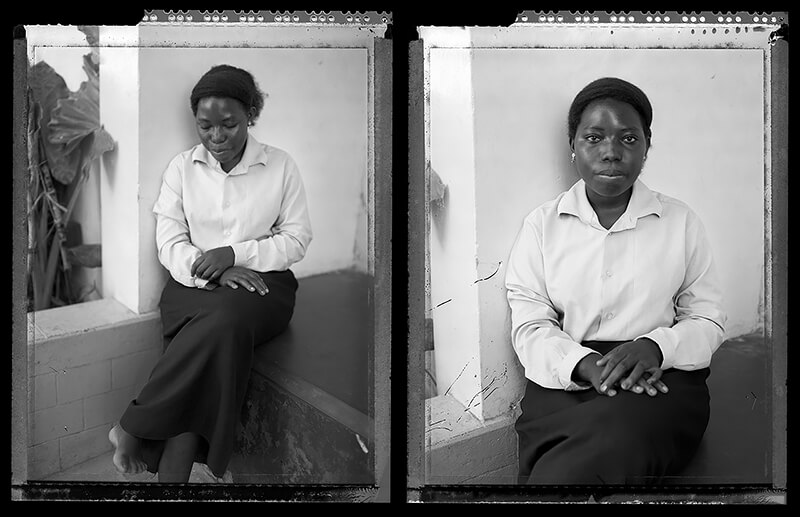
© Laena Wilder - Agnes, 1998
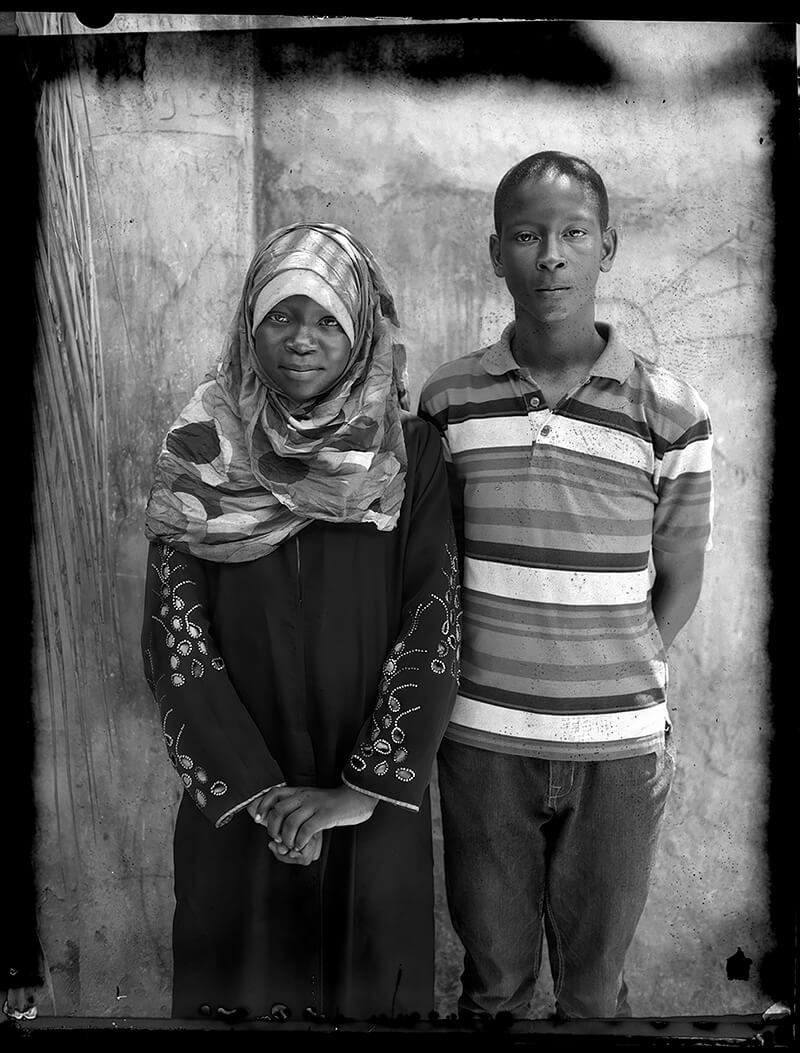
© Laena Wilder - Ashanti and Ahmed, 2016
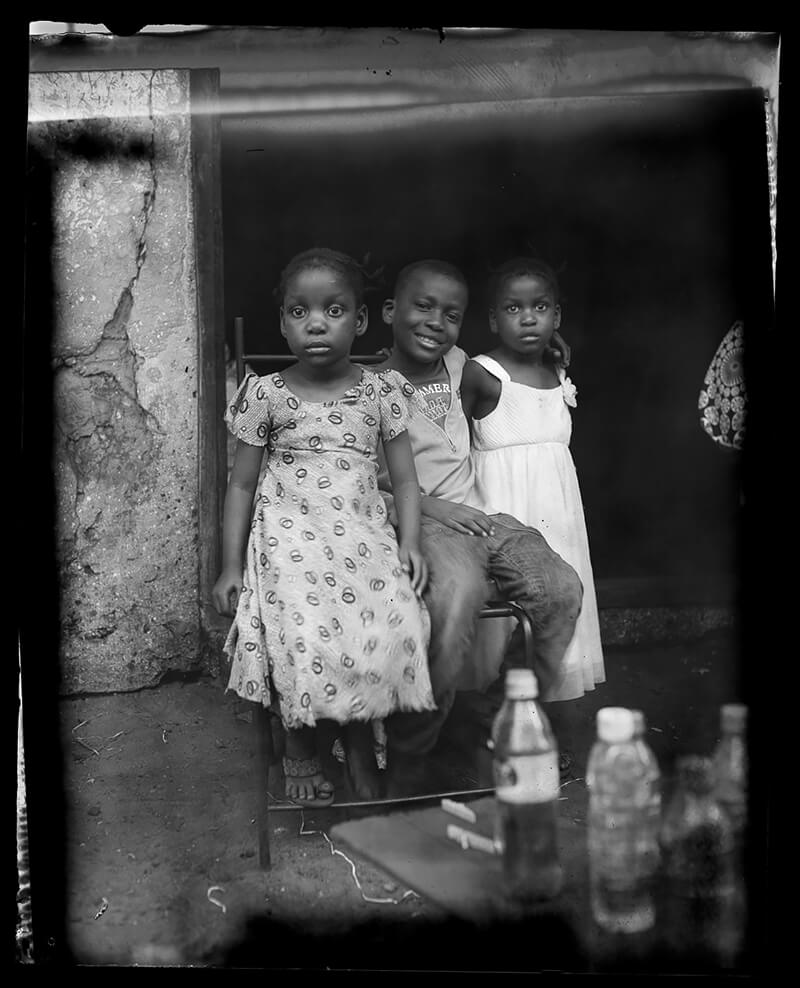
© Laena Wilder - Coal Sellers Children, 2016
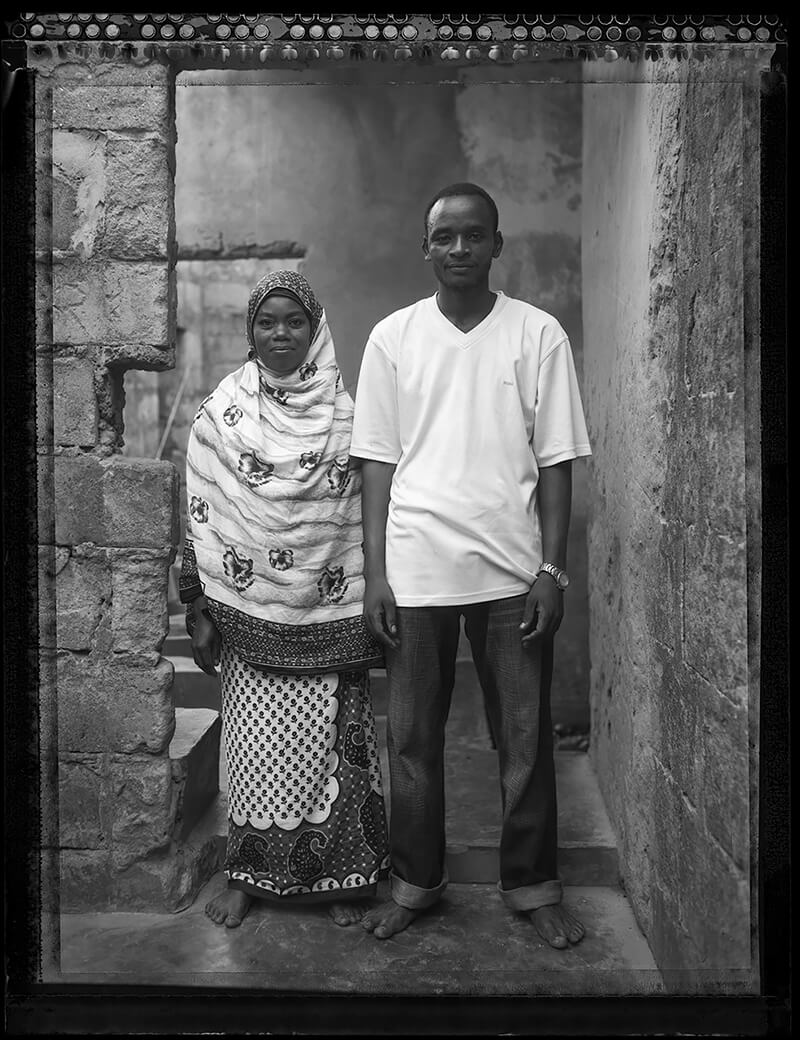
© Laena Wilder - Hassan and His Wife, 2016
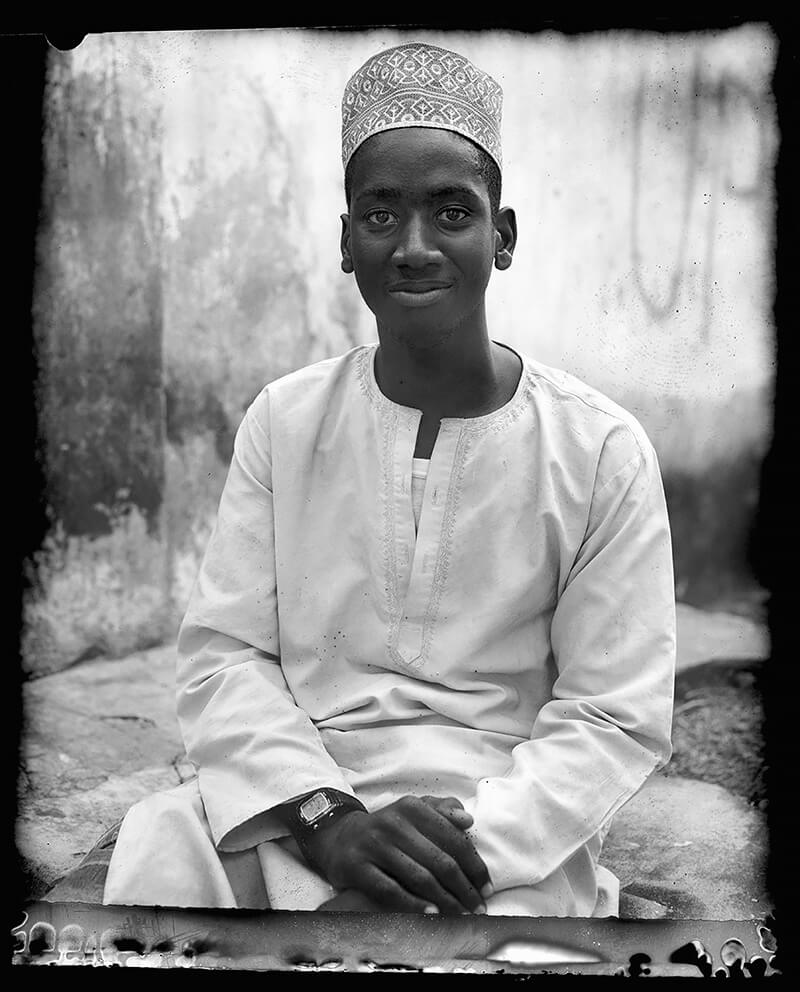
© Laena Wilder - Ibrahim, 2016
As a photographer, artist, and oral historian, Laena Wilder creates multifaceted works that speak across lines of culture, class, ethnicity, generations, time, and space. With an under- graduate degree in documentary photography and a Masters of Fine Arts Degree from the University of North Carolina, Chapel Hill, Wilder uses the camera and tape recorder as tools for seeking beauty, gathering cultural information and facilitating exchange within diverse communities.
Most recently, her Origins and Destinations large-scale exhibition was displayed in a solo installation at the Miami International Airport and is scheduled for Fall 2017 to be exhibited in the yearlong group show Pushing Portraiture at the Atlanta International Airport. Additional solo shows include, SECCA - the South Eastern Center for Contemporary Art, the Chapel Hill Museum, and The Royal Ontario Museum, among others.
Her work has been included in several group exhibitions at the Foto Gallerie, Hong Kong, SomaArts Cultural Center, San Francisco, the Skotia Gallery, New Mexico, Kostroma Municipal Gallery, Russia, Crucible Steel Gallery, San Francisco, the Center for Fine Art Photography, Fort Collins, the Center for Documentary Studies, Durham, and Art House, San Francisco, among others.
Throughout her career, Wilder has received numerous awards, including the Rockefeller Resident Humanities Fellow Grant in 2002 at the University of North Carolina. She has also received grants from the Polaroid Foundation, Konica Corporation, Central Carolina Bank, Best Buy Corporation, the Epson Corporation, Community 2000 - a division of the Civil Rights Organization and the Entrekin Family Foundation.
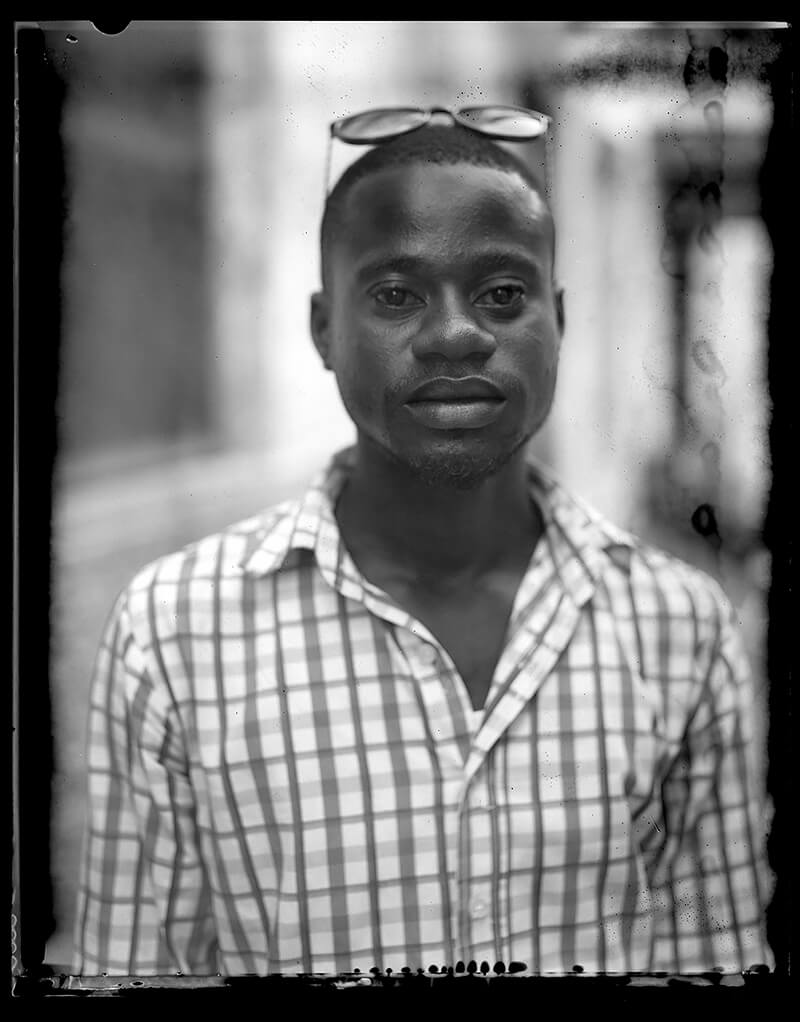
© Laena Wilder - Isa, 2016
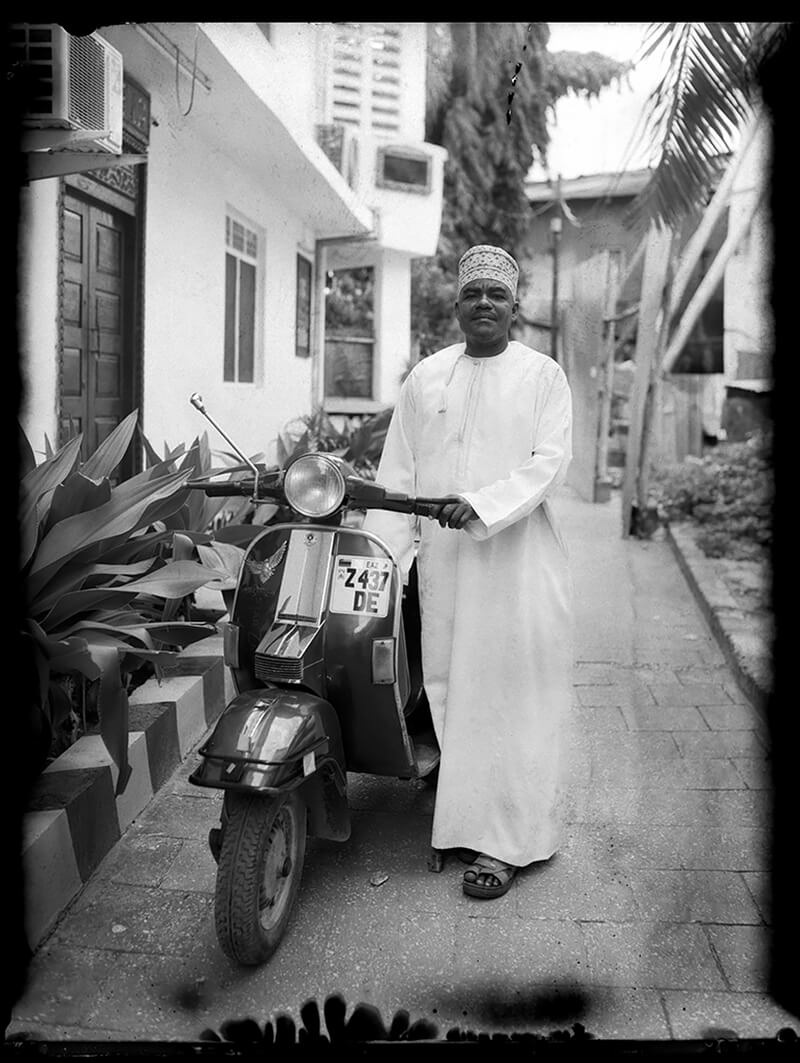
© Laena Wilder - Makame, 2016
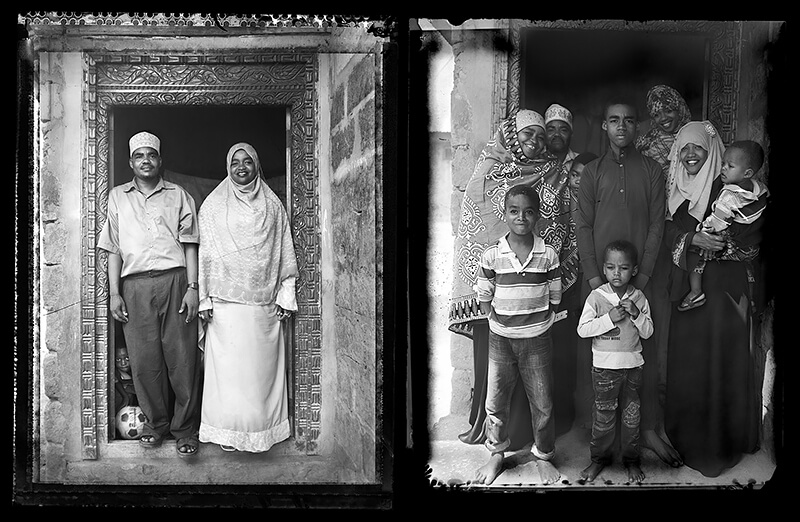
© Laena Wilder - Makame and Subira 2007, 2016
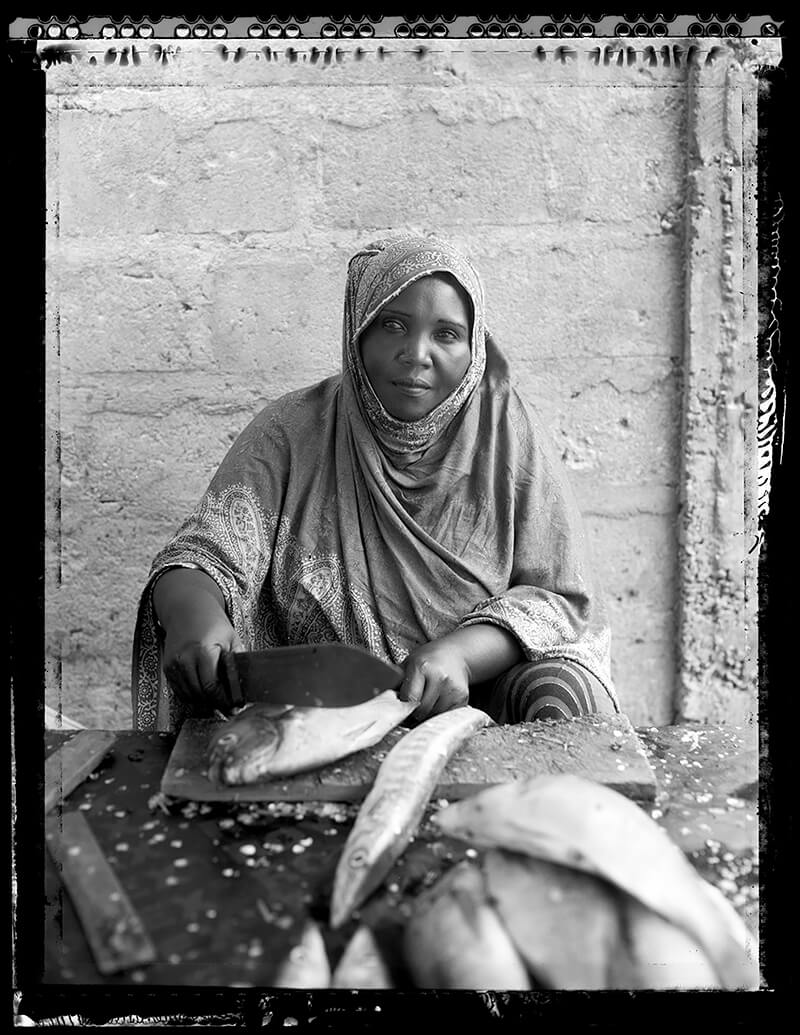
© Laena Wilder - Marym Fishseller, 2016
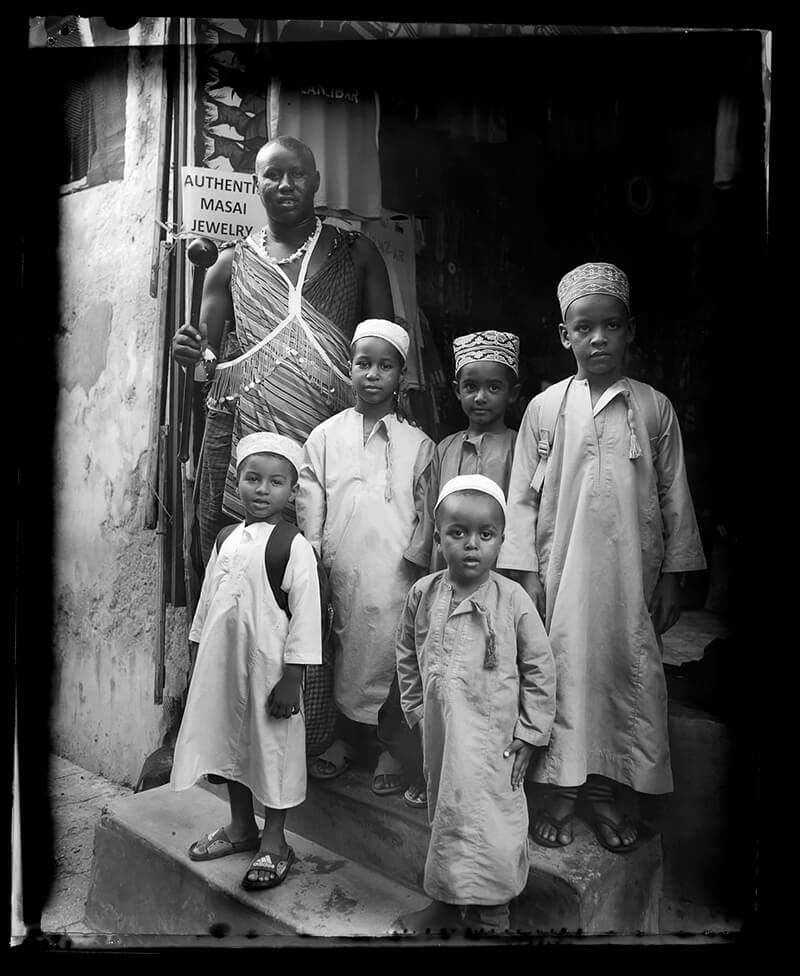
© Laena Wilder - Mathew Joseph and Stone Town Friends
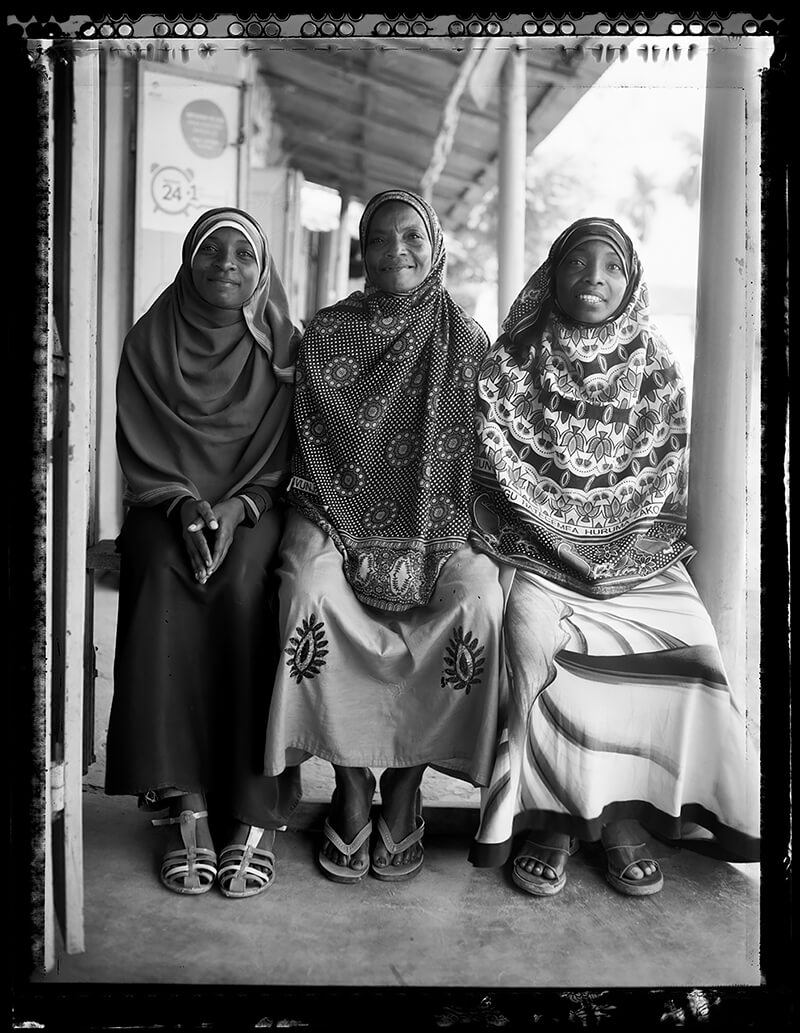
© Laena Wilder - Mayala and her Daughters, 2016
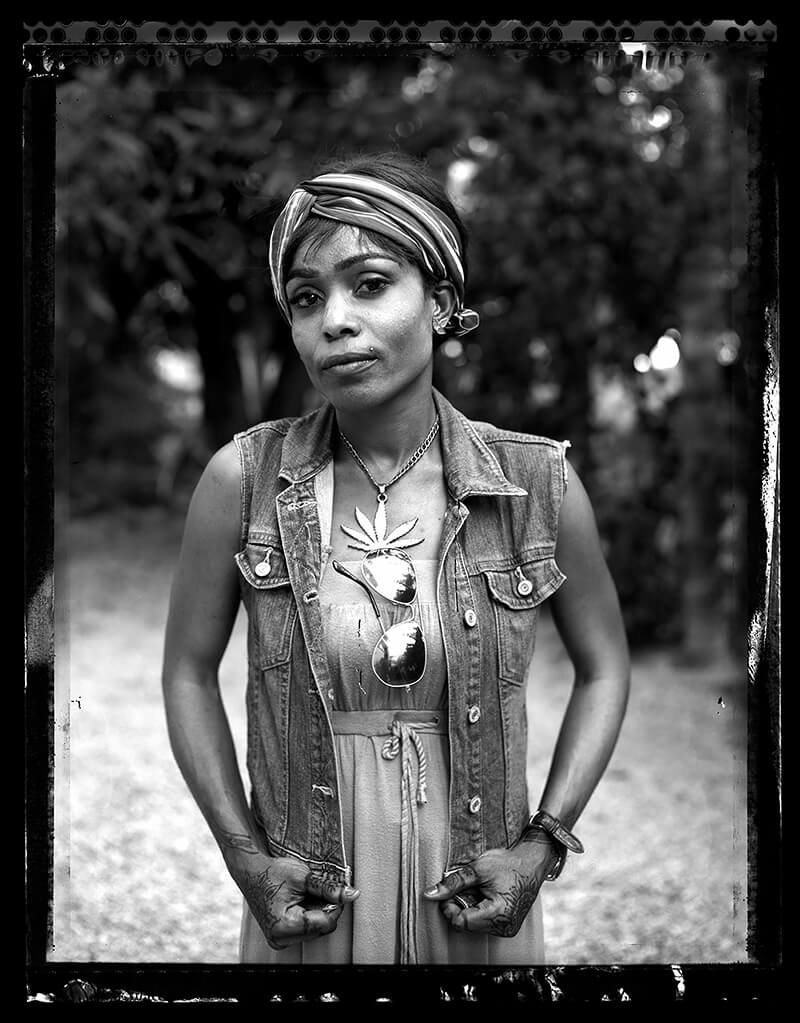
© Laena Wilder - Munira, 2016
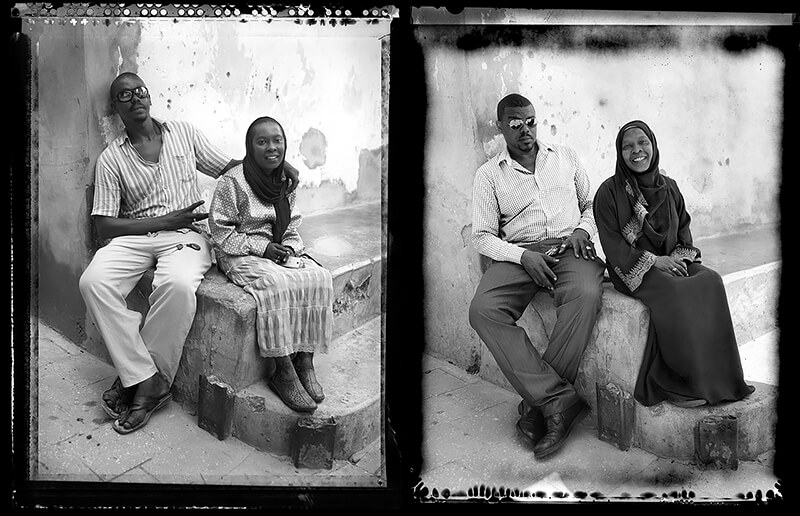
© Laena Wilder - Nassor and Shemsa, 2007, 2016
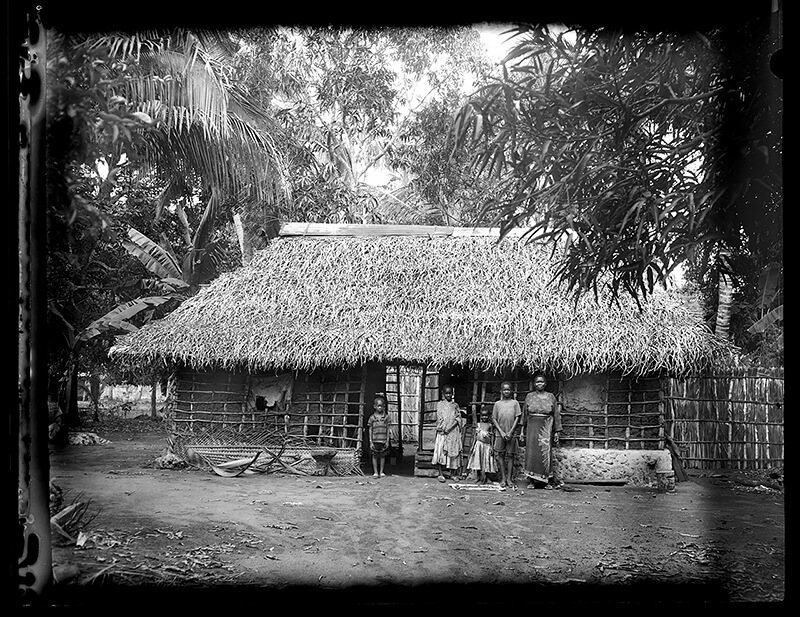
© Laena Wilder - Near Bungi Village, 2016
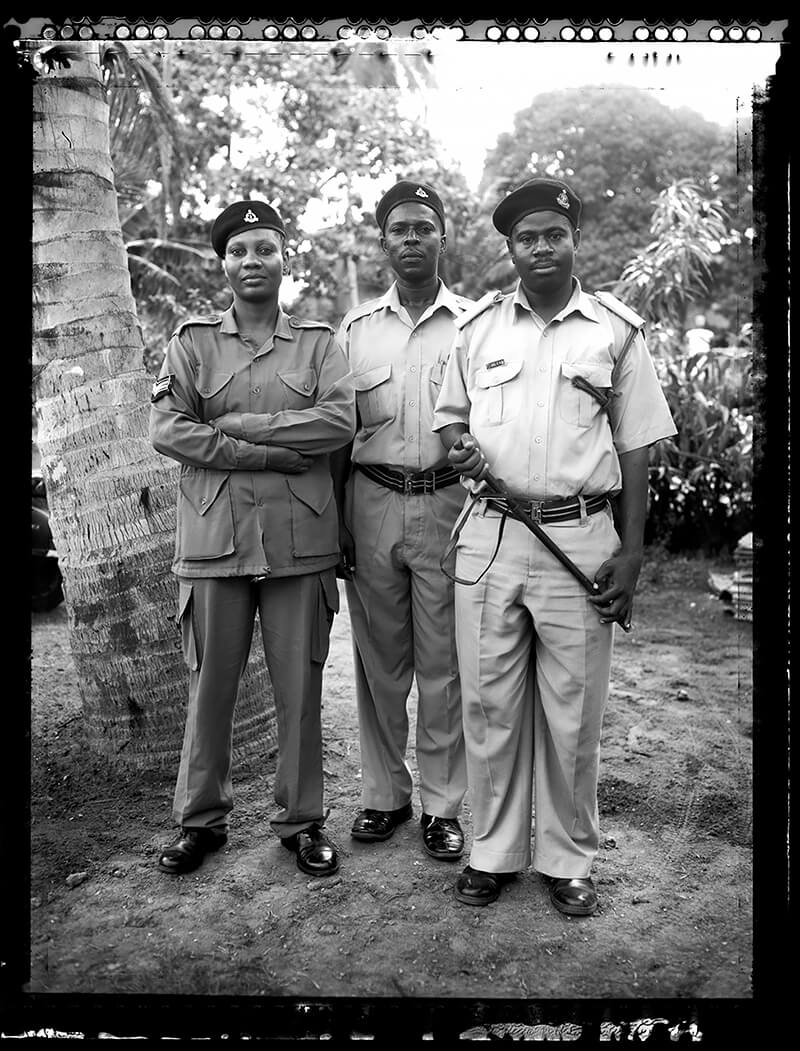
© Laena Wilder - Police Officers, 2016
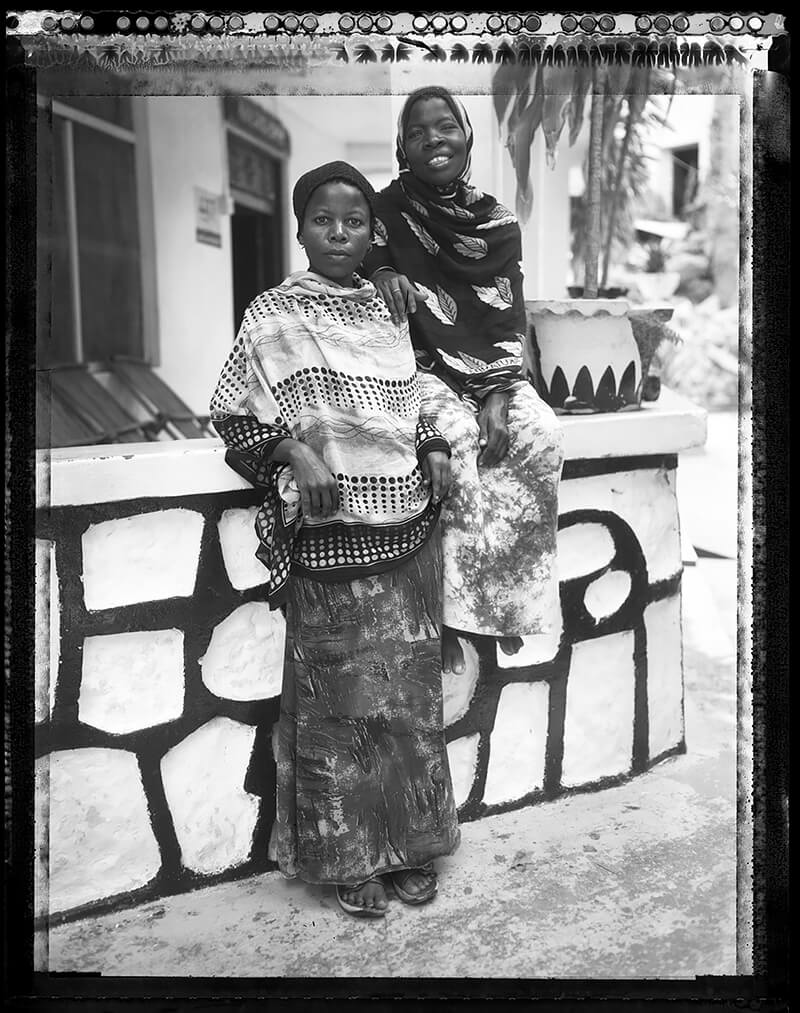
© Laena Wilder - Riziki and Fatma, 2007
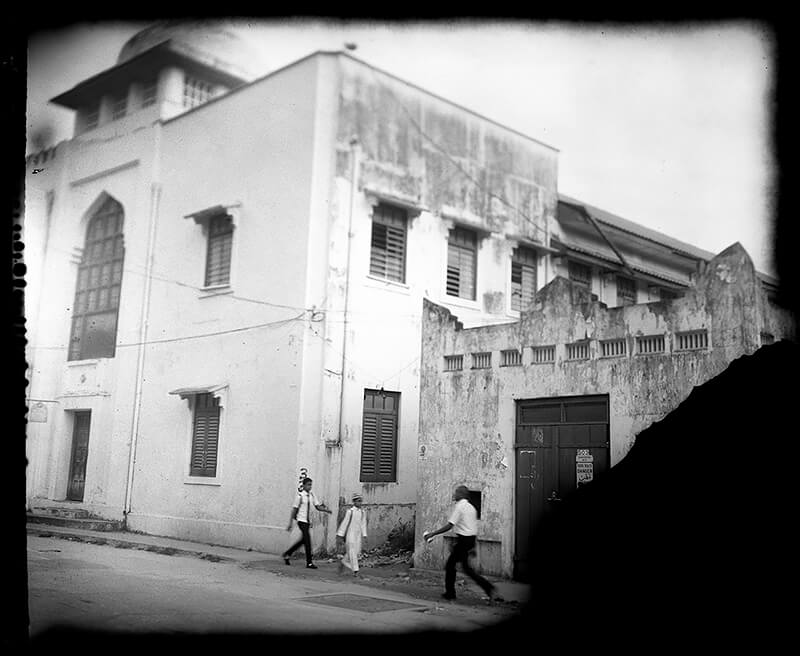
© Laena Wilder - Vuga Road, 2007
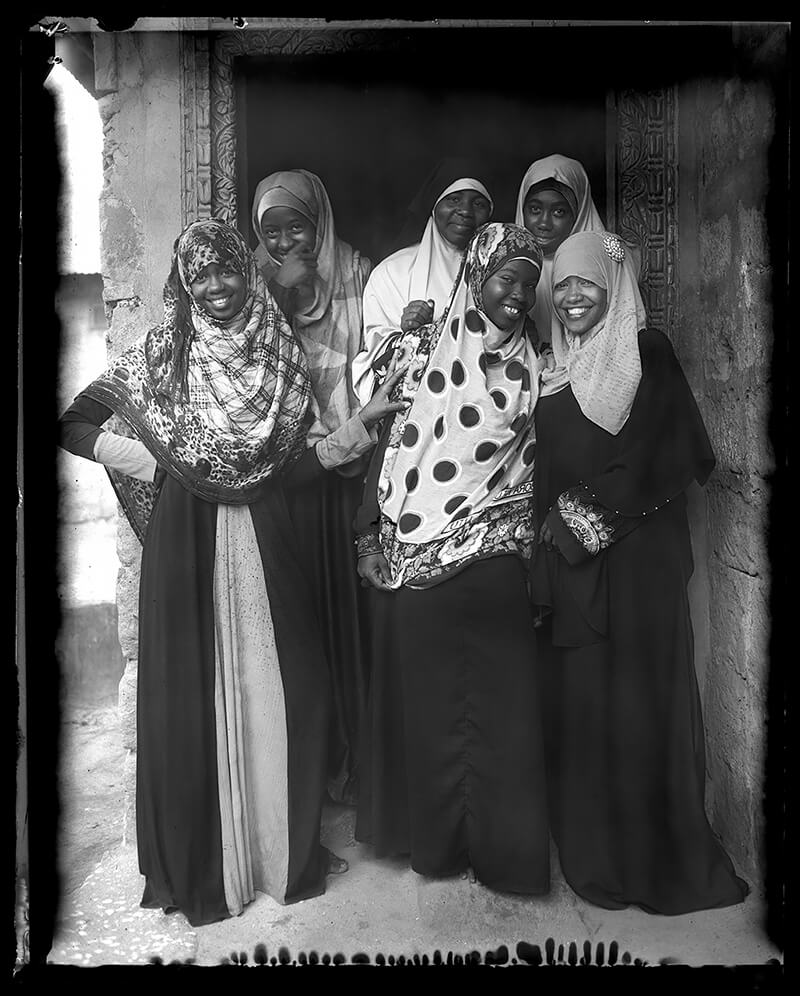
© Laena Wilder - Zainab and Her Friends, 2016
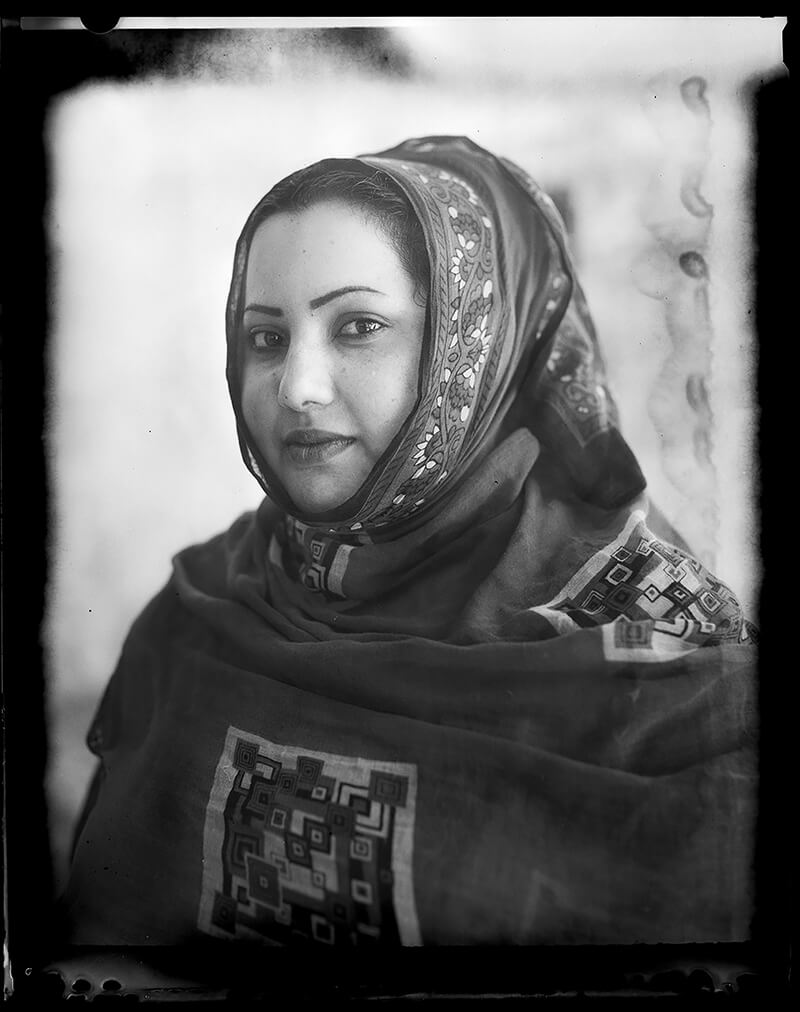
© Laena Wilder - Zulekha, 2016
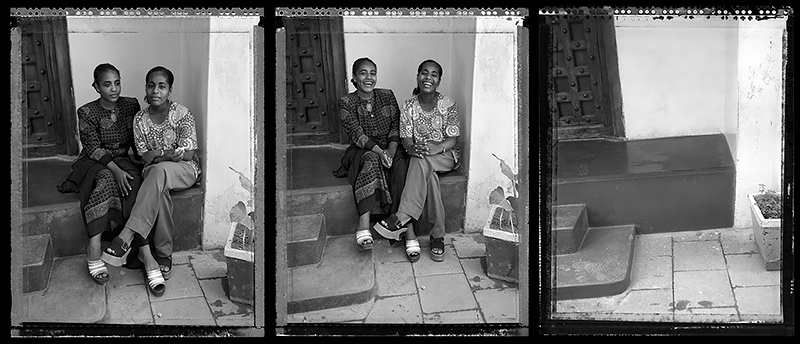
© Laena Wilder - Zuweina and Fatma 1998, 2016
